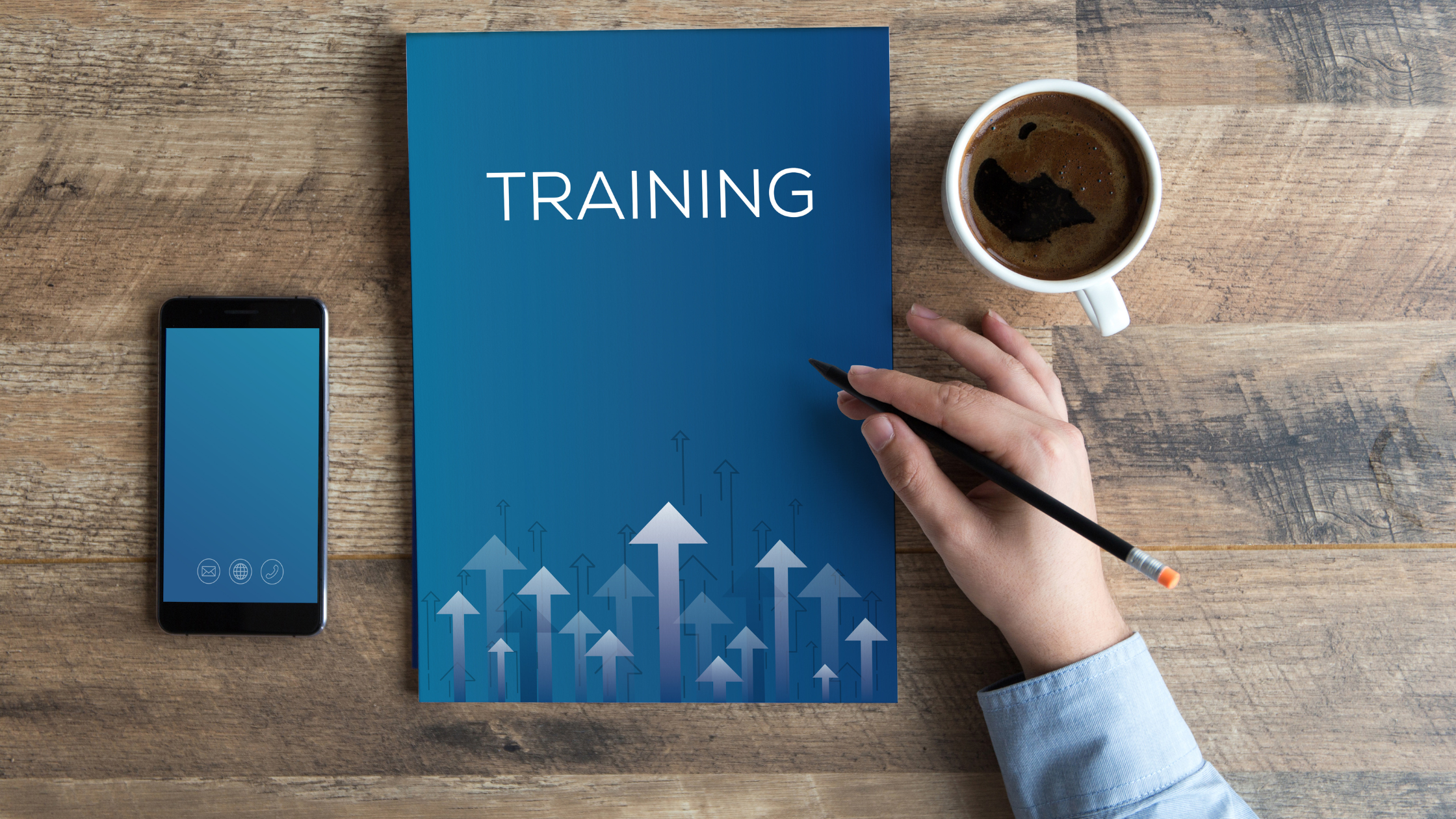Technology is an integral part of any business, including law firms and legal departments. Even if you don’t work at a firm specializing in technology, you will still use computers and software daily. However, litigation technology can be tricky to understand. Below are some tips for making the most out of these tools.
Using Litigation Technology Effectively
Litigation technology can be tricky, but learning how to use it effectively is worth it and important for a litigation paralegal.
To keep up with the latest changes in litigation technology, you need to understand how it works. Many attorneys still prefer paper files and will continue doing so for a while. However, other attorneys are embracing new technologies that help them streamline their workflows and reduce costs.
The important thing is that you know what’s out there and what might be helpful for your practice, so you can decide whether or not to use some of these tools yourself.
Find out if you have the foundational technology skills to be successful in your paralegal career.

Get the Most Out of Your Practice
You can leverage technology to get the most out of your practice. Technology can help you as a litigation paralegal in many ways. For example, it can help you stay organized by allowing you to centralize your research and documents, which will make it easier to refer back to them later on. Additionally, technology can save time by automating tasks that would otherwise take up countless hours of your day.
You can also use technology to save money by cutting expenses like travel costs or hiring paralegals (which may be necessary if your practice is especially large). Finally, technology can help you get the most out of your practice by reaching more people interested in what types of matters are currently being litigated around the country—and then connecting with those potential clients directly!
Find out everything there is to know about becoming a litigation paralegal.
Stay Organized and On Track
Using litigation software can help you as a litigation paralegal organize your case and track all your documents, contacts, and other important information.
The best litigation management software systems include a variety of helpful features, such as automated time tracking, billable hour calculations, and expense management. They also facilitate the organization of client relationships; increase efficiency by eliminating redundant tasks like document scanning; allow for better collaboration within teams; facilitate more accurate billing and invoicing; reduce costs by integrating with accounting systems (for example, QuickBooks); provide secure storage for confidential files (such as medical records) to ensure HIPAA compliance.
In addition to these benefits, there are many other ways that litigation technology helps lawyers run their practices more effectively.
Learn 10 Paralegal Tips to Fast-Track Your Career.
Understand Your Specific Needs and Do Your Research
When choosing litigation software, your first step should be determining your specific needs. Are you looking for something simple and straightforward, or do you need something more comprehensive? If multiple options fit your needs, consider the cost of maintenance and support.
As with any technology purchase, do your research! Don’t buy into marketing hype – ask around and find out what others in your industry think about their respective systems before deciding which one to choose.
You don’t want to overspend on unnecessary features or under-spend on functionality that will help make everything run more smoothly for everyone involved in the case. Remember: It’s not always a matter of “you get what you pay for,” but whether it fits within budget parameters while still meeting all requirements going forward (and beyond).
Spreading the Cost of Litigation Technology
With litigation technology, there are many ways to save money. For one thing, you can spread the cost of litigation technology over time. This will help you ensure you don’t overspend on equipment or software when it comes time for your next case.
You might be wondering how this works exactly — it’s actually pretty simple. First, determine what kind of hardware and software you’ll need for your next case based on your research into similar cases in the past (you can get this information from online databases like Westlaw). Then divide these costs by how many months or years until the start date of your case. Now multiply that number by 12 so that it matches up with an annual budget cycle instead of monthly cycles (this will allow some wiggle room if unexpected expenses arise during those 12 months). Finally, compare this total cost against what other firms who have gone through similar processes have spent per year — if they spent less than $5,000, then go ahead and set aside $2-3k annually; if they spent more than $8-10k, then plan accordingly!
Here are 7 tips for Litigation Paralegals in 2024.

The Importance of Training
While you might be eager to start using a new litigation technology, it’s important to remember that training will help ensure you use the software effectively.
Training can help you understand what the software can do and how best to use it in your legal practice. It also allows you to become familiar with how the software works so that when an issue arises, you can correct it without needing assistance from another team member or vendor.
Finally, training can help accelerate learning; if someone else has already encountered and solved a problem with the software, there’s no need for them or anyone else on your team (including yourself) to revisit those issues during future work sessions.
Steps you can take if you’re still waiting for that on-the-job training.
3 Tips for Using Litigation Technology to Your Best Advantage
-
- Use the software to its full potential. Litigation technology has many benefits, including speed and efficiency. As a litigation paralegal, you can use it to streamline your document management process so that you have fewer papers to store, organize and manage to prepare for court.
- Be aware of the advantages of litigation technology. By using litigation technology effectively, you can work more efficiently by reducing time spent on tasks such as document management and retrieval. This can also help reduce costs associated with storing paper documents while ensuring they are available in court or other proceedings involving them (such as depositions) when necessary.
- Be sure you are using it properly — and get training on how to do so if needed!
Designate a Litigation Technology Expert
This person can then work with other employees on new tools as they come out and provide continuing education on current programs.
The person in charge of litigation technology should have access to the company’s decision-makers and be able to suggest new tools as they come out. This individual can also help other employees learn how to use programs already in place and provide continuing education on new processes.
They can be a resource for other employees, helping them stay up-to-date on the latest developments in litigation technology and providing training when needed. Becoming this go-to person as a litigation paralegal can help you stand out at your firm.
Learn why eDiscovery matters to your litigation paralegal career.
Don’t Forget Efficiency
Once you’ve chosen what litigation technology to use and have it implemented, take the time to learn how to use the program efficiently.
This may mean taking training courses or simply reading the training manual. Make sure that you have access to the right people who can help with any issues that arise during your case. Finally, make sure that you have a good understanding of how the program works before filing documents or making entries into databases.
Remember that litigation technology is a broad term that can mean many different things. It’s essential to understand what kind of technology you need and how it will impact your case before you invest in it.
Learn about a path to eDiscovery certification.

Meet the Author – Cara Miller
A graduate of Eastern Michigan University (B.S.-Public Law and Government), Oakland Community College (Paralegal Certificate), and Colorado Tech University (MSM), Cara L. Miller has more than 10 years of experience in all aspects of the litigation process.
Cara is a Paralegal and Case Manager on Clark Hill, PLC’s Early Resolution Process (ERP) team, where she focuses on the early resolution of West Coast warranty litigation. Before that, Cara also gained experience working in Real Estate, Civil, Criminal, and Collections Law. When she is not working in the law office, Cara is usually spending time with her son and creating family memories.
E-discovery Boot Camp
E-discovery skills are no longer on that list of “preferred” skills when employers are hiring litigation paralegals. These skills are required now.
Don’t limit your future career security by not knowing how to manage e-discovery projects.
This e-discovery training program will help you become a master at e-discovery project management in just 5 hours!



























